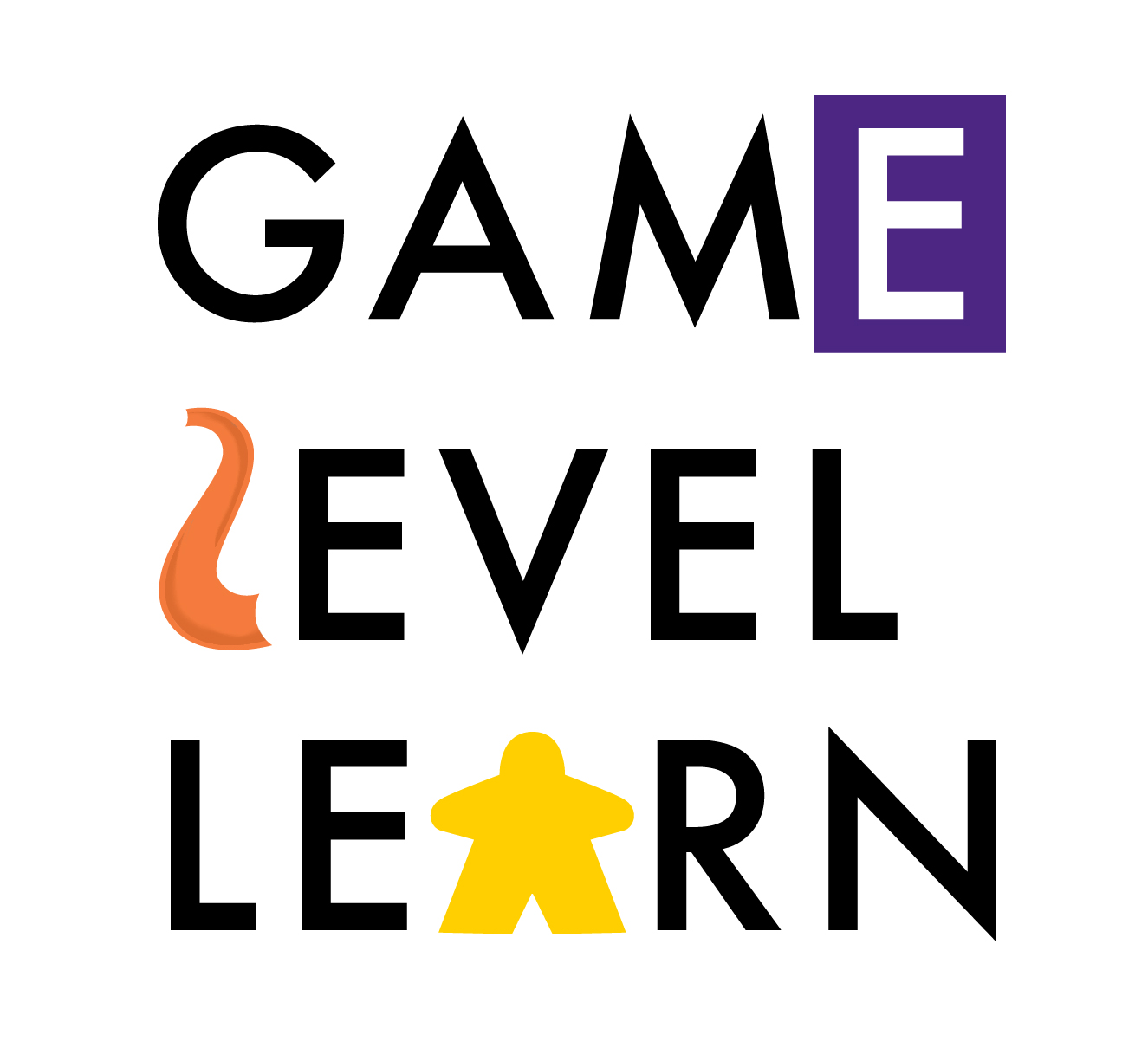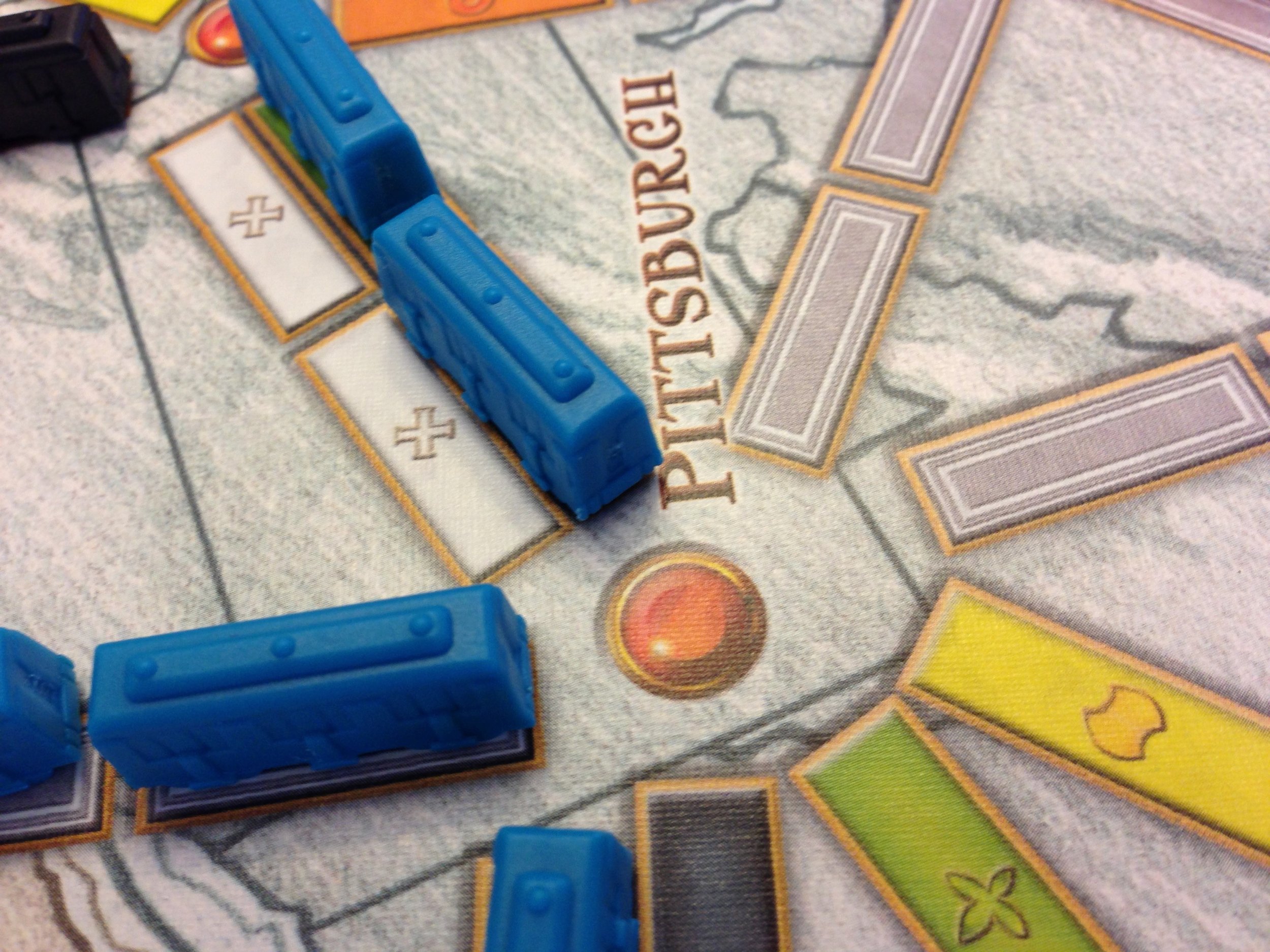51 Mechanics: Route Building
/BoardGameGeek (BGG) is a singular repository of gaming information, knowledge and wisdom that has been serving the modern board game hobby since 2000. I consult it regularly and have used its database to manage my own game collection. I also used it when I was writing my 2016 book on gamified instruction, particularly with regard to the game mechanics that BGG identified and organized content into. While there are more than 85,000 games, even now, there are just 51 mechanics. Since every mechanic offers something to the teacher who wants to use games in the classroom, I'm going to use this section of Game Level Learn and my own contributions to it to assess games from each of these 51 mechanics. Next up?
Route/Network Building games are one of the hottest mechanics in the contemporary board game space. In these kinds of games, you are building some kind of a network that scores you the maximum amount of points based on the conditions established by the game. In some of these games, the network is generally the same, conceptually, for each player. In other games of this kind, each individual player is trying to accomplish a task unique to him or her. Where this kind of game often becomes transcendently fun is in how complex the routing task becomes when other players are trying to establish their own routes along the same pathways you are interested in using. This is a perpetually vexing experience about these games. It is also what makes them one of the best games out of the box to use to develop critical thinking skills.
Power Grid (BGG Rank: 27)
Power Grid is a by-now all-time classic board game design. In this game, you are building a power distribution network in some country or another (this game is famous for its expansion packs, which give you the ability to play the game in virtually dozens of countries now). You have control over certain kinds of power plants (coal, oil, nuclear, trash-burning) and they give you the capacity to power certain numbers of cities in your network. One of the best economic games ever published.
Terra Mystica (BGG Rank: 7)
Certainly the most complex game in this group, in Terra Mystica your objective is to expand the territory under the control of a particular nation. That nation is bound to a particular kind of territory. Over the course of the game, you have to terraform environments that borders your nation in order to expand. The network, in this case, being the land and territory that you've successfully terraformed. Very little luck is involved here - it's all about careful planning.
Ticket to Ride (BGG Rank: 123)
Ticket to Ride is one of the most popular games in recent memory having sold millions of copies. In Ticket to Ride, you are trying to build the most efficient rail network across the United States (or some other country/continent, depending on the map you're playing) that connects a certain combination of cities that you drew on "destination tickets." Playable by even the least "gamer-y" player, the complexity of the map is just enough to really stimulate critical thinking.
Tsuro (BGG Rank: 767)
In Tsuro, you are building a route across a map by placing tiles on a square grid and then moving your stone along the pathway created by the new tile you played. Simple, abstract and fast-playing, this is a great game to get students understanding the resonance of patterns.
Yamataï (BGG Rank: 566)
Yamataï is a game of route building in which you place ships in and around the mystical land of Yamataï. The object here is to build efficient routes that allow you to build personal buildings and hire specialists that enhance your subsequent turns. A beautiful game with a Japanese aesthetic.


